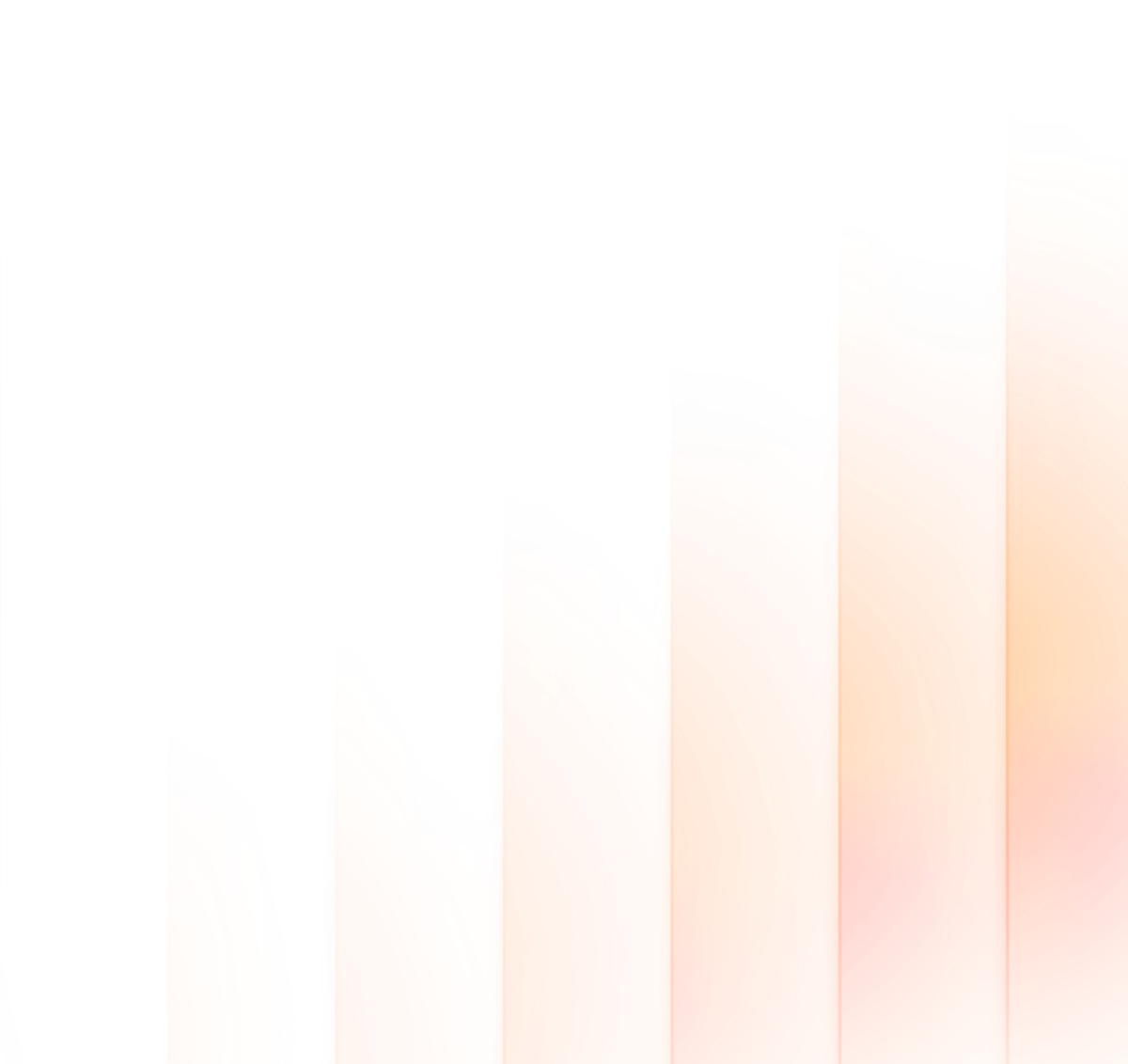
When your solar monitoring app suddenly stops updating or shows zero production, it can be frustrating — especially when you’re used to checking your system’s performance daily. The good news?
Most solar monitoring issues don’t mean your panels stopped producing power. In many cases, the problem is a simple connection or device issue.
This guide explains why solar monitoring stops working, the most common fixes, and when to call a professional.
What Causes Solar Monitoring to Stop Working?
Solar monitoring can fail for several reasons, but most fall into just a few categories: Internet issues, electrical issues, hardware issues, or configuration errors.
Here are the top causes:
1. Your Home Wi-Fi Disconnected
Wi-Fi disconnections are the number one reason monitoring apps stop updating.
Things that cause Wi-Fi drops include:
- New Wi-Fi name or password
- Router reset
- Power outages
- Weak signal where the inverter is located
- Network updates from your internet provider
If your inverter can’t reach the internet, your monitoring app goes blank — even though your solar system is still producing power.
2. Inverter Lost Communication
Your inverter is the “brain” of your solar system. If it loses communication with:
- The monitoring platform
- Power optimizers
- Your home’s main electrical panel
- The Wi-Fi or cellular connection
…it will stop sending performance data.
This is common after storms, electrical work, or brief power interruptions.
3. Monitoring Hardware Failure
Some monitoring setups use:
- Data loggers
- Gateway devices
- Cellular modems
- Ethernet modules
- Power-line communication (PLC) units
When one fails, your data stops.
These small components sometimes fail earlier than the panels or inverter.
4. App or Software Glitch
Not all monitoring issues are electrical. Sometimes the app simply:
- Needs an update
- Is showing cached data
- Is syncing slowly
- Logged out your account
- Has a server-side outage
This is usually the easiest fix.
5. Faulty Wiring or Optimizer Issue
If monitoring shows production loss on some panels but not others, it may be:
- A loose connector
- Failed optimizer
- Damaged wiring
- Shade affecting specific panels
These issues require a diagnostic visit.
6. Inverter Error or Shutdown
If monitoring stops and your production actually drops, the inverter may have powered off due to:
- Overheating
- Voltage issues
- Ground fault
- Arc fault
- Internal failure
Most inverters display an error code that helps identify the problem.
How to Fix Solar Monitoring That Isn’t Working
Here are the steps homeowners should follow before scheduling a service call.
1. Check Your Wi-Fi Connection
- Did you change your Wi-Fi name?
- Did the password change?
- Did the router move?
- Is the signal weak near your inverter?
If yes, reconnect your inverter to the new network.
Tip: If the inverter is in the garage, Wi-Fi extenders help significantly.
2. Restart Your Router and Inverter
Often, simply power-cycling fixes the issue:
- Unplug your router for 10–15 seconds
- Plug it back in
- Wait for it to fully power up
- Reboot your inverter if needed
Don’t worry — this won’t affect your solar panels.
3. Update or Reinstall the Monitoring App
Check for:
- App updates
- System updates
- Login issues
Then refresh or reinstall the app to clear cached data.
4. Check the Inverter Screen or Indicator Lights
Most inverters have:
- Green = producing power
- Blinking = connecting
- Red = error
- No light = no power
If your inverter shows an error code, you’ll need a technician.
5. Verify Monitoring Hardware
If your system uses external devices like:
- Gateways
- Power meters
- Data collectors
Make sure they are powered and connected.
If one is offline, your system can’t send data.
6. Look for Recent Electrical Work
Has anything been done recently, such as:
- Breaker upgrades
- HVAC installation
- Roofing repairs
- Storm damage
- Power outages
These often interrupt monitoring equipment.
When You Should Call a Professional
If your monitoring still isn’t working after basic troubleshooting, schedule a solar diagnostic, especially if:
- Production shows zero
- Inverter shows an error code
- Only some panels show production
- System has been offline for more than 24–48 hours
- You recently had storm damage
- You replaced your roof
- Your installer no longer services your system
A licensed solar technician can safely inspect:
- Wiring
- Connectors
- Optimizers
- Mounting hardware
- Communication modules
- Inverter health
- Monitoring configuration
Most monitoring issues are solved in a single visit.














